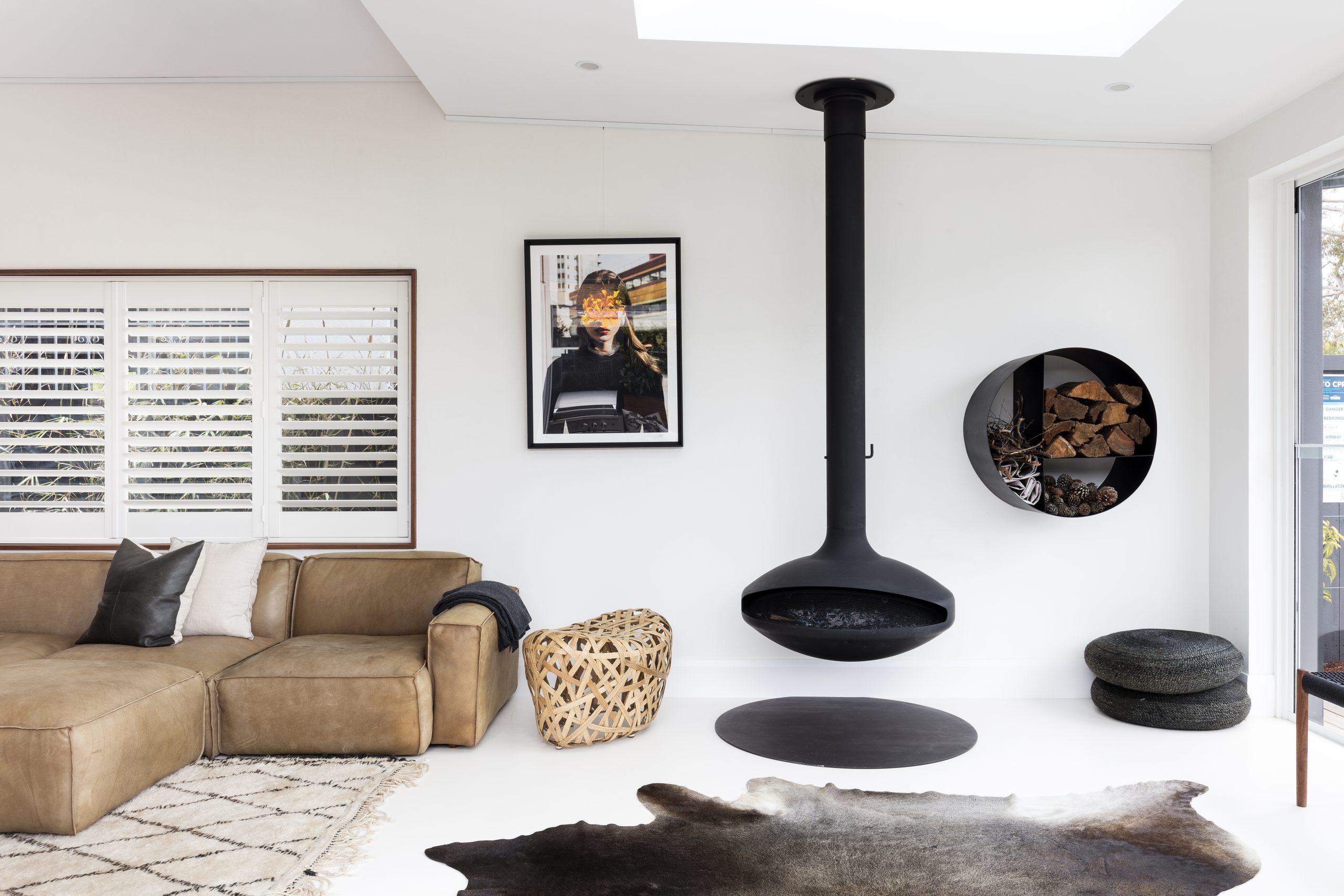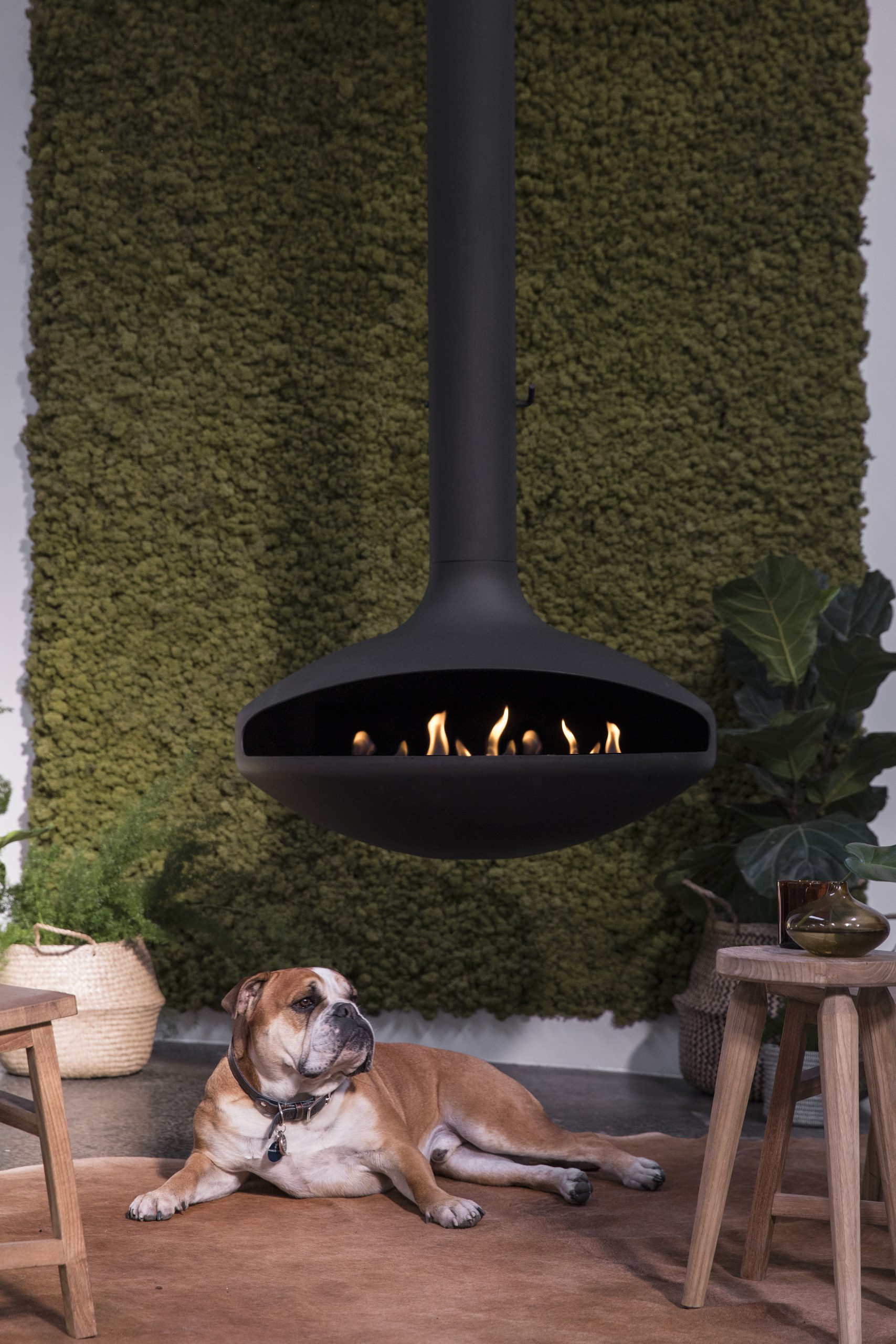Huffington post reporter Carolyne Gregoire explores the fascinating science behind our love of fireplaces.
Relaxing in front of a crackling fire is one of the most enjoyable ways to spend a cold winter evening. And now scientists know why.
Watching a fire lowers blood pressure, according to new University of Alabama research. Our enjoyment of gazing at fire may be rooted in evolution, as the act of gathering around a fire dates back to prehistoric times.
The researchers found an average of a five percent decrease in blood pressure among participants who watched the fire with sound. The longer they watched the fire, the more relaxed they became. Among control groups who watched the fire with no sound and who viewed an upside-down picture of fire, blood pressure increased.
https://youtu.be/N333IvwkMVE?t=6s
In prehistoric times, the “multisensory — visual, auditory, olfactory, heat, smoke/food taste — stimulation of fires would have made a great focus of attention, particularly in the dark,” Lynn told The Huffington Post.
Lynn hypothesized that we may have evolved to enjoy being around fires because they were historically important means of fostering social cohesion. During the stone age, humans likely socialized around camp fires, a place where they felt safe and warm.

“Archaeological evidence suggests ancestors probably started using fire thousands of years before they figured out how to start one,” Lynn explained. “Therefore, especially in the colder climates, sitting around a fire to keep it going would have been a very important job. Collecting kindling, keeping the fire going, cooking — all these things required cooperation, at least when conditions were poor. Those groups more successful at keeping the fire going would have had an advantage over groups that didn’t.”
Did this article inspire you to upgrade your life with a fireplace? here’s a few suggestions to get you started.
Article By Carolyn Gregoire, The Huffington Post
The study was published in the journal Evolutionary Psychology







